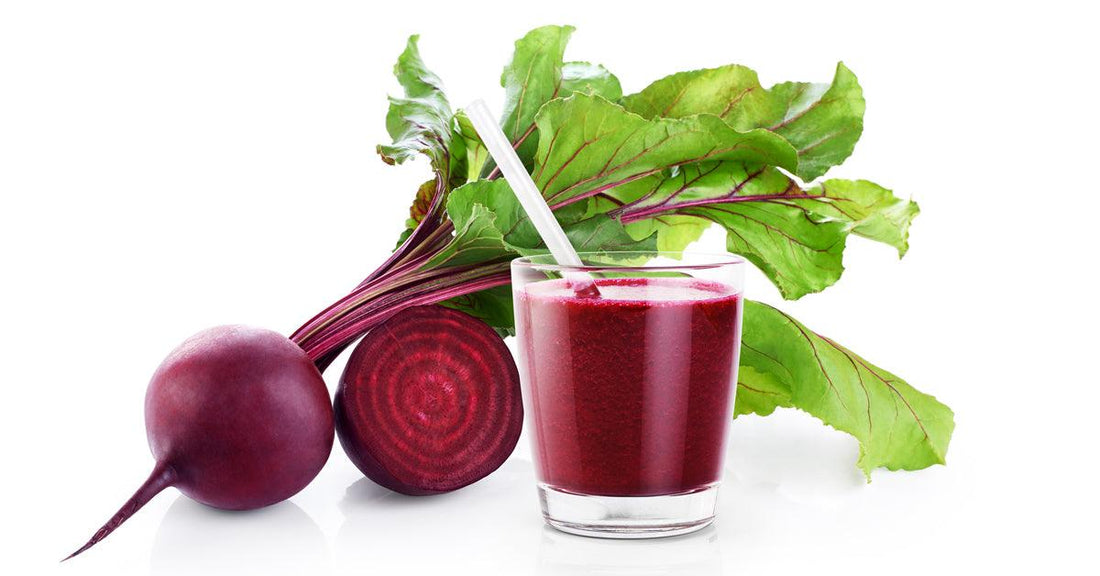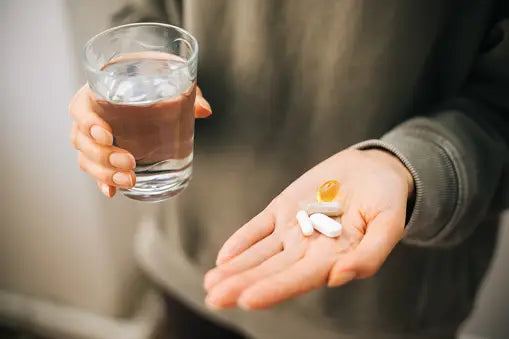

Beet Juice...is it Nature's Ultimate Pre-workout? Does it live up to the hype?
Table of Contents
Beet Juice Enhances Micro-vascular Blood Flow
Endurance athletes have been known to consume beet juice supplements based on the belief that it may improve blood and oxygen flow in their muscles during training and competition. Beet juice is rich in nitrates, which your body converts to nitric oxide, a molecule that enhances blood vessel dilation, increasing your blood flow capacity and lowering the amount of oxygen your muscles need. A naturally occurring food sources of nitrate, beetroot is one of the best and most palatable in the quantities needed to significantly increase blood nitrate (and therefore nitrite) levels. Dietary nitrate supplementation has been shown to increase exercise tolerance and improve oxidative efficiency during aerobic exercise in healthy subjects.A new study published in the Journal of Nitric Oxide suggests that beet juice increase performance in a entirely new way.
Researchers tested the hypothesis that a 3-day supplementation in beet juice rich in nitrates would improve the tolerance to supramaximal intensity intermittent exercise consisting of 15-second exercise periods at 170% of the maximal aerobic power interspersed with 30-second passive recovery periods. All subjects performed the standardized testing procedure twice – at the same time of the day, but separated by at least one, maximally two weeks. Once without after ingesting 680mg of nitrate supplementation for three days from beetroot juice, once after ingesting the low nitrate (<5mg/L) apple-black currant juice that was used as a placebo. At the end of study, the number of repetitions completed before reaching volitional exhaustion was significantly higher in the beet juice than in the placebo condition. In contrast to previous findings during exercise performed at intensity below the peak oxygen uptake, oxygen uptake (VO2) was unaffected. However, the Area Under the Curve for microvascular total hemoglobin in the vastus lateralis muscle assessed by near infrared spectroscopy during 3 time-matched repetitions was significantly increased with nitrates supplementation. Maximal voluntary force during an isometric leg extensor exercise, and blood lactate levels were also unaffected by nitrates supplementation. So what makes the study interesting is that performance was not increased by an increase in nitric oxide but rather an increase in microvascular total hemoglobin in the vastus lateralis muscle which was assessed by near infrared spectroscopy and increased by 18%. To conclude, dietary NO3– supplementation enhances tolerance to exercise at supramaximal intensity, with increased microvascular total red blood cell concentration in the working muscle, in the absence of effect on contractile function and resting hemodynamic parameters.
Aucouturier, Julien, et al. “Effect of dietary nitrate supplementation on tolerance to supramaximal intensity intermittent exercise.” Nitric Oxide (2015).

















